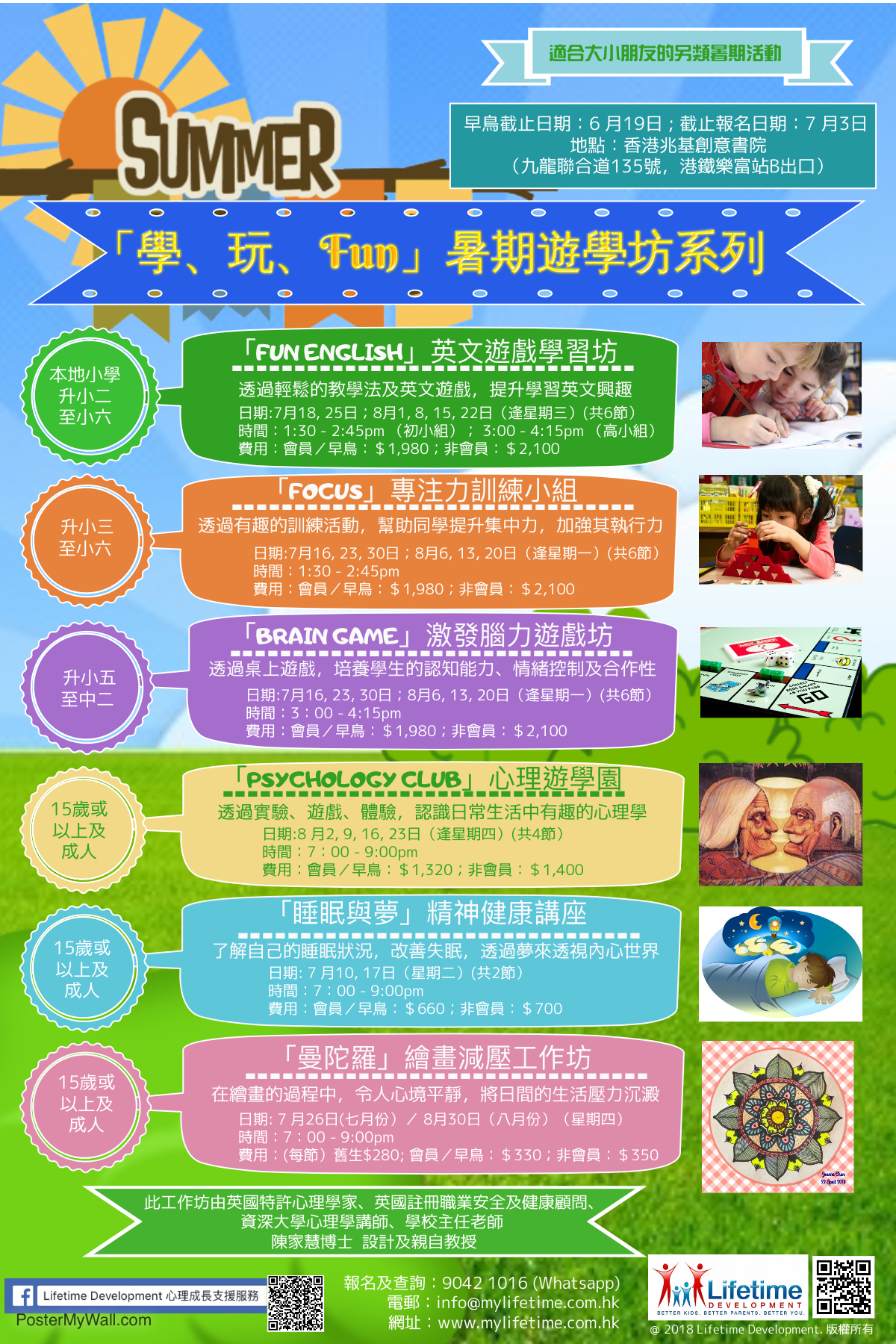
Lifetime Summer Programme 2018

「FOCUS」Training Course
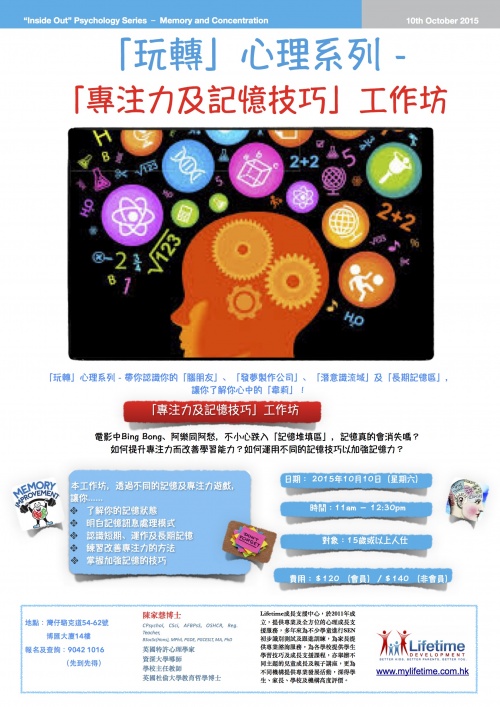
Workshop on Memory and Concentration
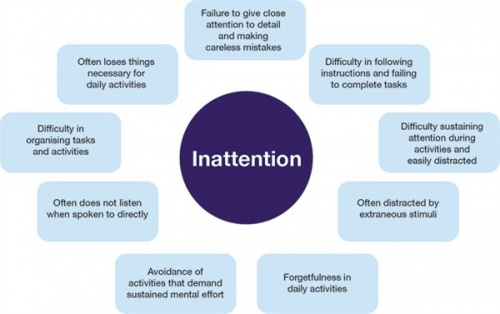
5 ADD Interventions That Apply to All Kids
A friend of mine has been going through the very lengthy and detailed process of testing her son for Attention Deficit Disorder. As I listened to her explain the symptoms, many sounded like my daughter. One expert describes this kind of brain as choosing what is most interesting instead of what’s most important. I can’t tell you how many times I’ve sent my daughter to turn…
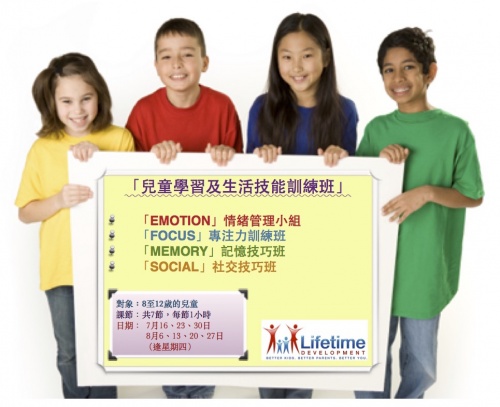
Life Skills Courses for Aged 8 to 12
Click the image to download the application form
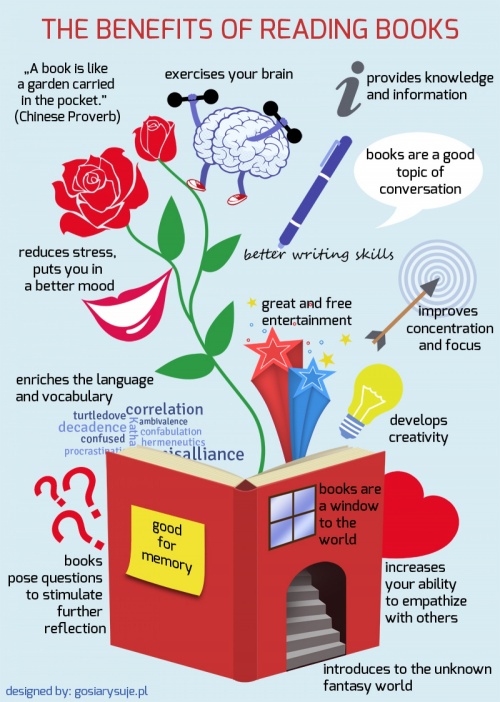
Why Kids Lose Interest in Reading as They Get Older
How much of their leisure time do teenagers devote to reading? Not much. According the Bureau of Labor Statistics, teens read for pleasure, on average, just six minutes each day. Why? Attitudes toward reading are one factor, but not the only factor. (Consider that, because we’re talking about reading the child freely chooses, she must not only like reading, she must like it more than the…
Lifetime Interview @ Smart Parents Magazine (No.213) by Sing Tao
Study Techniques that work and don’t
Is cramming before a test better than not studying at all? Is underlining material a good way to retain information? A new school year is a good time to look at the latest research on the best ways to study. What works and doesn’t may surprise you. A 2013 study called “Improving Students’ Learning With Effective Learning Techniques” and published in “Psychological Science in the Public Interest,”…
How Many Days Does it Take to Create a Habit?
Ann Graybiel of MIT’s McGovern Institute has shown through research that neurons change their firing patterns when habits are learned, and then change them again when unlearned. However, as soon as something kicks back in the habit, they are fired back up. That is why it is so easy to pick back up negative addictions like smoking and drinking, but also why if you establish good habits…
Failure Helps Kids Succeed
Children may perform better in school and feel more confident about themselves if they are told that failure is a normal part of learning, rather than being pressured to succeed at all costs, according to new research published by the American Psychological Association. “We focused on a widespread cultural belief that equates academic success with a high level of competence and failure with intellectual inferiority,”…
